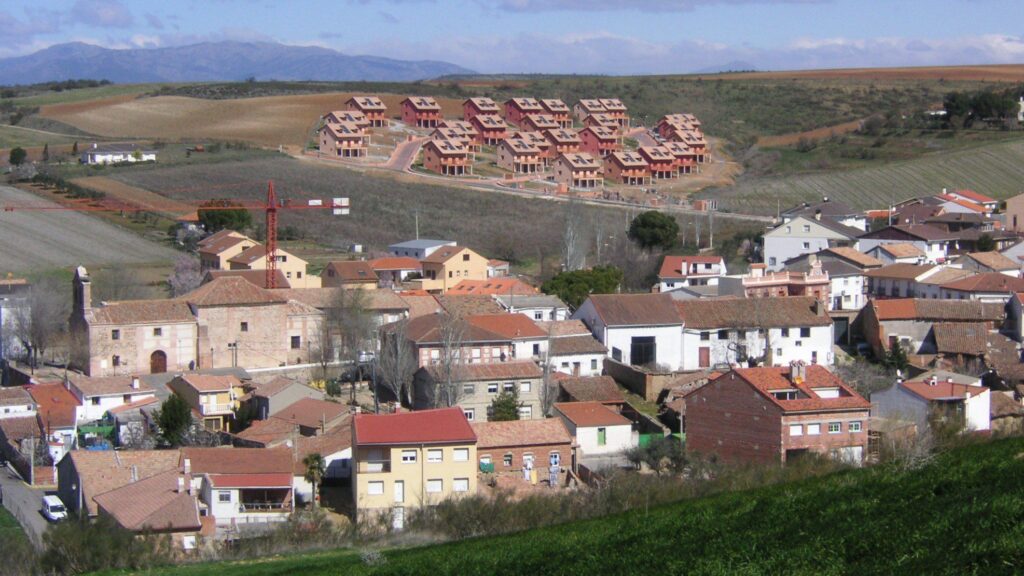
Valdepiélagos
Photo: Daniel Chicharro, CC BY-SA 3.0 via Wikimedia Commons
The Castilian municipality of Valdepiélagos rests between the cities of Madrid and Guadalajara.
Unassuming from the outside, the community of this 17 km2 district has for several decades, since the death of Franco, done democracy differently from its neighbors.
For starters, in general, there are no political parties in Valdepiélagos. Once, the Izquierda Unida (United Left) party tried to present a candidature in the municipality, but ultimately decided to withdraw. There was also the case of a far Right party which gained between 30 and 40 votes, but again, this sort of thing is rare.
During elections, locals need only present their ID and fill out a form on which they write the seven names of those fellow residents who they would like to see constitute the next municipal administration. The voting tables are overseen by senior members of the community, chosen by lot.
As a retired sociology professor at the Pontificia Comillas University in Madrid, now acting as local councilor describes it to El Mundo newspaper.
We hold a vote among people of legal age. Like primaries in which all citizens are electors and eligible to vote. This is a custom that has been repeated since the beginning of the Transition [to democracy]. There are about 550 of us now.
The resulting list of names coming out of this process is then presented at the next general elections under the title of “Independent Candidature of Valdepiélagos,” and is usually elected. In 2019, for example, 96% of the vote went to this Independent Candidature.
The current mayor, Pedro Jose Cabrera, describes his position as “something like volunteer work. You’re not going to build a career in politics here, and there’s no salary.”
Interestingly, although anybody could theoretically be chosen by their fellows, and despite the lack of monetary or careerist incentive involved, no one chosen to be mayor has so far declined the position.
We may describe this system as an updated version of traditional open assembly style voting, which was the norm in Castile and other Spanish regions throughout the middle ages and into the modern era (surviving in many cases until the Second Republic in the 1930s, which did much to suppress this older, venerable institution).
The peculiarity of Valdepiélagos serves as proof that the pathologies of party-political control over the voting process, and the cultivation of a more organic, neighborly arrangement, is possible.